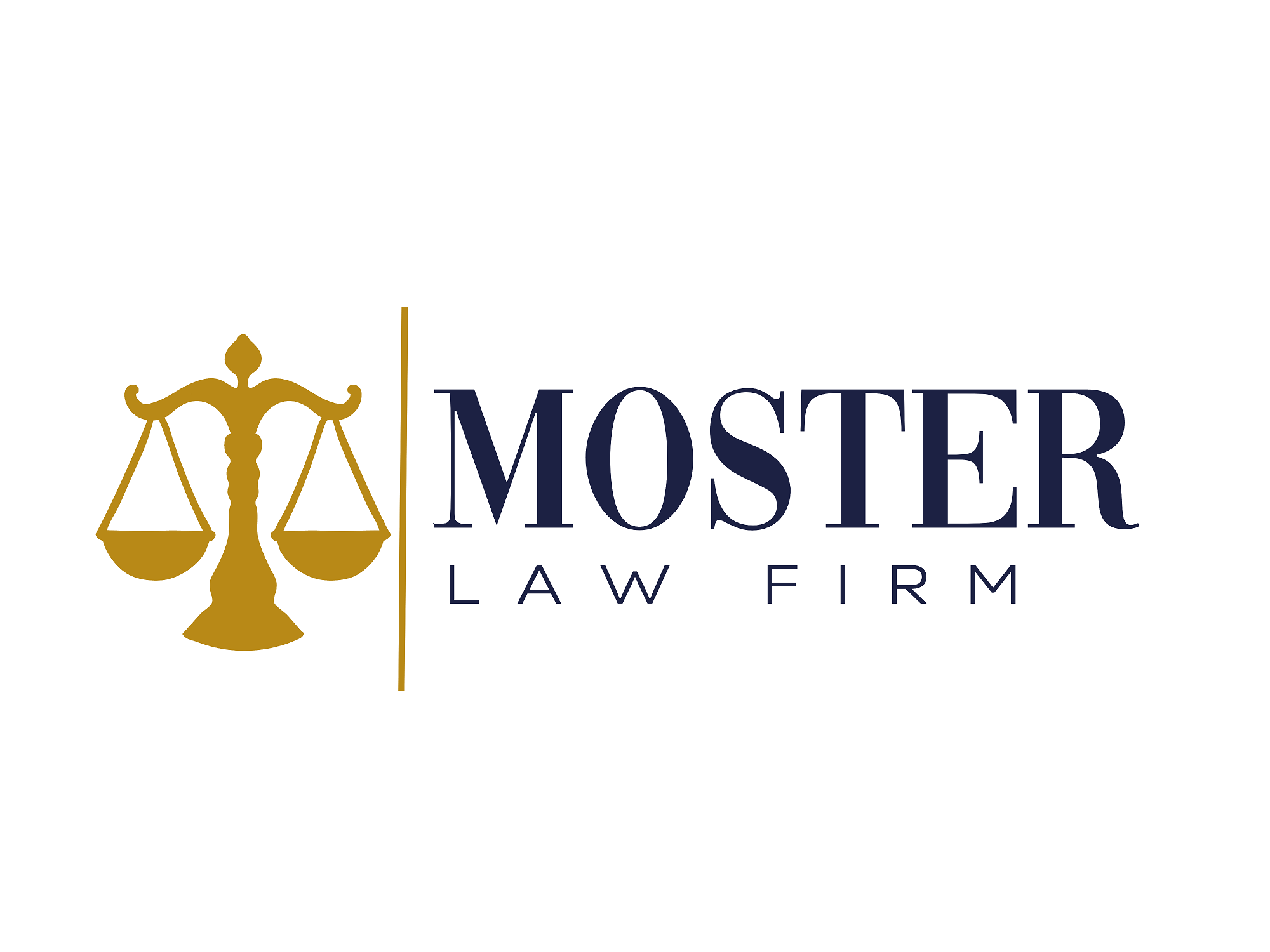
This is a critical area for our clients that is often mishandled and can lead to failure at inception. Regardless of the IP at issue, the clients must be advised as to the best entity structure for the endeavor which not only includes liability protection but the best configuration for potential initial investors and opportunities later for venture capital. Typically, clients are facing capitalization issues at the beginning of the operation, and they put their ownership at risk in the IP to raise cash. It is essential that a proper agreement is set up between the founders and other participants and that there is a clear understanding of where the infusion is originating whether by way of a loan or investment in the entity itself. This is often obfuscated in the formation documents. If these matters are not clarified, the likelihood of confusion is significant which could result in unwanted litigation that puts the whole venture at risk.
One of the first questions which need to be answered is the determination of the entity at formation. Various configurations are available under Texas law forming new businesses including a limited liability company (LLC), Corporation (S or C), a limited partnership, a partnership, or a sole proprietorship.
A sole proprietorship is never recommended as it provides no liability protection whatsoever to the owners of the venture. Startups present liability exposure which needs to be anticipated and planned for. Never start a new business in the technology area as a sole proprietorship. That is the most basic rule of all.
We typically recommend that a Texas limited liability company be formed before there are any business functions undertaken. The owners are referred to as members of the LLC, not shareholders which pertain specifically to a corporation. The underlying agreement between the members is known as the company agreement in Texas. This document needs to be fine-tuned and tailored for every transaction as it details critical relationships including ownership, required cash infusions, dividends, and critical power and control of the entity. Notably, there is a distinction between ownership and control based on different percentage ownership. This bifurcation of ownership and voting power is the mechanism for bringing investors or other participants into the LLC as a source of funding.
The S corporation, like the LLC, is a pass-through entity which means that the owners or members are responsible for the distribution of income as it relates to their own income tax. It operates very much like an LLC with a change in terminology, i.e., the owner is referred to as shareholder, and the company agreement is known as the shareholders’ agreement.
A C-Corporation is almost never recommended as it is not a pass-through entity and taxes are owed at the entity level.
The contribution of cash to the venture by third parties can be effectuated by means of a loan to the company or a capital contribution. In the first instance, the party would be deemed a lender and the latter situation would be an owner in the venture itself. These early-stage transactions are often problematic as the entity is so dependent on the need for cash that important details are left undefined which can lead to litigation. If the transaction is based on money loaned, the investor is not entitled to ownership and is deemed to be a creditor. It is important that proper loan documents be prepared so there is no confusion. Conversely, an investor or owner in the venture would require cash paid into the company in exchange for shares of stock received. This can be complex but does not need to be. If it’s done incorrectly, it can raise legal and/or tax issues. Critically the shares issued by an S Corporation are not publicly traded and care must be taken to avoid the implication of state and federal securities laws.
Let’s Talk

